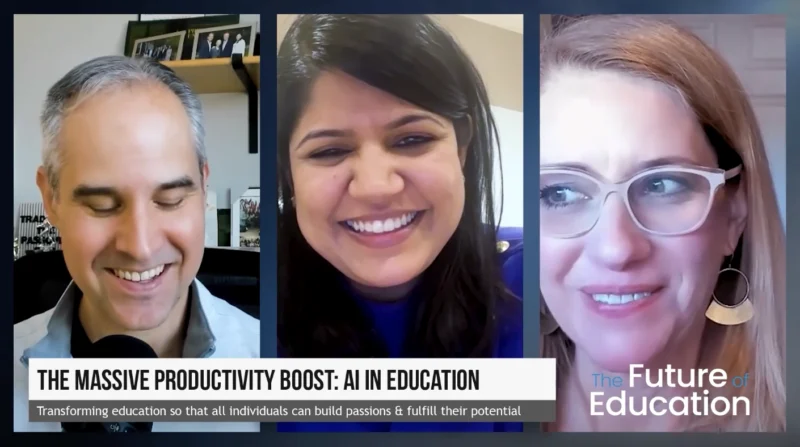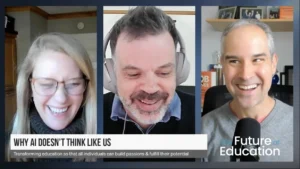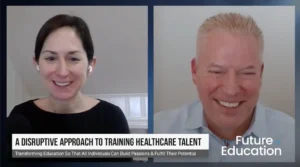The Progression of Education Technology with Professor John R. Turner
John R. Turner is an Assistant Professor at the University of North Texas. As both a researcher and educator, he often applies his research findings to classroom teachings. Surprisingly, he didn’t start out as a teacher, as he did not have the desire to teach.
“I began as an engineer. I was employed as one for 15 years before deciding to go back to school,” he recalls.
As an engineer, he learned about different technical trades. He looked into what was available for training and technology education, leading him to become involved, as he saw opportunity to make it better.
Today, Turner sees several emerging trends in his industry. In the areas he specifically focuses on, he sees some movements within multiple disciplines.
“One movement is the ability for organizations to become more adaptable,” he says. “They need to provide the workforce with the flexibility to self-organize when addressing change and environmental challenges.”
Turner sees this movement as having repositioned the decision-making process down the hierarchical chain. More individuals are now included in the overall process, and that’s a good thing. Indeed, this process utilizes the functions of teams in the workplace more so than in previous decades.
Another emerging trend is the implementation of team science practices for organizations and in the curriculum. “Becoming the team” is the key focal point in today’s organizations. To be successful, organizations need to draw on best practices from team science. And for higher education to prepare future industry leaders, curriculum needs to include team science practices and fundamentals.
To that end, what are some types of technology Turner is using in the classroom? He says it’s more common to see network analysis tools being used in research and in the classroom. These tools identify common patterns in large social groups. Also, Turner believes more open source technologies are essentially becoming more available to more people. Therefore, workplaces have to adjust to these new technologies that wouldn’t have been available even ten years ago.
Also, get ready to see more and more artificial intelligence (AI) programs and mechanisms available in the short term.
“One brief example of this is in my research involving multi-agents as a team member, whereas AI becomes a team member,” he says.
Expect to find human-AI workplace collaborations becoming commonplace in the not-so-distant future.
What else should we expect in the future? Data analytics and machine learning will experience exponential growth. Meanwhile, there will be an emphasis on the ethics that come with growing open source technologies.
“Also, more complete theories will be called for, including multi-level theories and team/collaborative theories,” he says. “A large emphasis will be placed on identifying patterns compared to just looking into causation. New methodologies will be called for that look at patterns, such as in the case of complexity and big data.”
Finally, Professor Turner warns that the field of education technology will soon be introduced to what he calls “wicked problems.” These are problems with no known antecedents or solutions, problems that come with ever-increasing globalization.
Click here to learn more about Professor John R. Turner.









